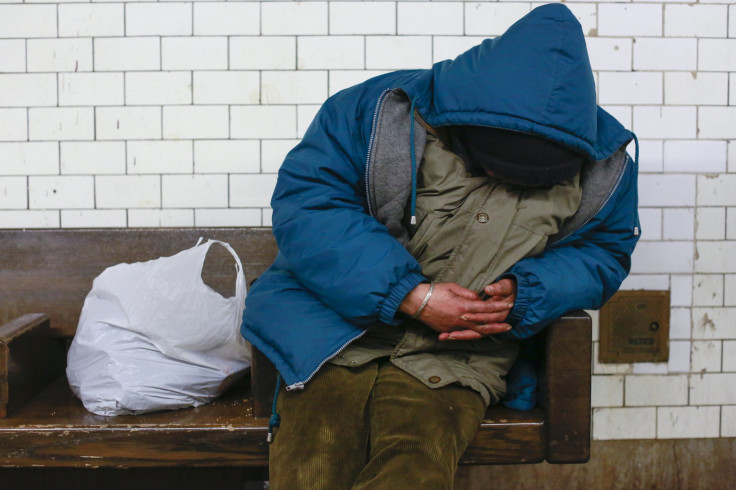Ancient sleeping pattern suggests people may not ‘really’ need 8-hour-sleep a day

Experts argue in a new study that people should not blame the modern lifestyle for depriving the eight-hour required sleep per night, as pre-industrial ancestors were found to normally sleep less than eight hours, with rare daytime naps. Researchers from the University of California, Los Angeles (UCLA), found that traditional people have an average sleep time of of six hours and 25 minutes per night.
The researchers analysed the sleeping patterns of present-day traditional people with lifestyles closely similar to evolutionary ancestors. The analysis includes 94 adults from the groups, Hadza, the hunter-gatherers of Tanzania, the San, hunter-gatherers in Namibia and the Tsimane, hunter-horticulturalists in Bolivia.
The researchers monitored the subjects to collect sleep records for a total of 1,165 days. The new study, published in the journal Current Biology, shows that the average time of sleep of each subject has varied with the seasons. In summer, they slept for only six hours, while less than seven hours in the winter.
The researchers also found the groups to take daytime naps rarely. “There’s this myth that humans used to take daily naps, but that now — because we’re so busy and we can’t get back to our homes — we suppress the naps,” said Jerome Siegel, lead researcher and professor of psychiatry at UCLA’s Semel Institute of Neuroscience and Human Behaviour.
The sleep records indicate that the subjects did not experience any negative effect from “poor sleep patterns.” Previous studies show that the involved groups have lower levels of obesity, which is linked to sleep deprivation, and also blood pressure and atherosclerosis compared to people living in industrialised societies.
Another myth debunked by the findings is that people tend to sleep at sundown in earlier eras. The researchers have found that the traditional people, subjected to the study, used to stay awake in an average of three hours and 20 minutes after sunset.
“The fact that we all stay up hours after sunset is absolutely normal and does not appear to be a new development, although electric lights may have further extended this natural waking period,” Siegel said. The study highlighted the argument on modern life reducing the average sleep time of eight hours today, but Siegel said that their data indicates the notion as a “myth.”
“Rather than saying modern culture has interfered with the natural sleep period, this is a case in which modern culture, with its electric light and temperature control, was able to restore the natural sleep period, which is a single period in traditional humans today and therefore likely in our evolutionary ancestors as well,” Siegel added.
The subjects from the San and the Tsimane groups were also found to have rare cases of insomnia. Siegel said that “many of us may be suffering from the disruption of this ancient pattern” because of the current requirement of eight-hour sleep.
Contact the writer at feedback@ibtimes.com.au or tell us what you think below





















